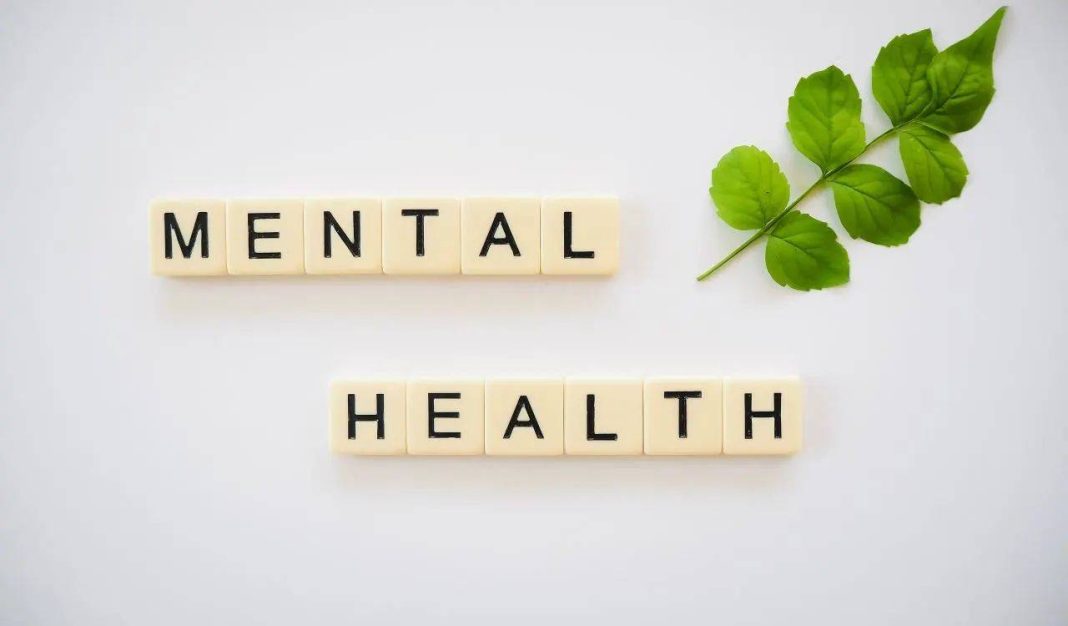Most of us lead ordinary lives, day in and day out, perhaps a bit boring but steady. However, the world experiences all sorts of events big and small every day, with some encountering joyous events and sudden wealth while others facing catastrophic news and immense life-changing events. When difficulties in life become overwhelming, people often struggle to adjust their mental state, leading to psychological crises and getting trapped in anxiety, sadness, despair, helplessness, and other negative emotions from which they cannot escape.
People at high risk of experiencing psychological crises include:
1. Survivors of major disasters like earthquakes, floods, and fires;
2. Victims of sudden accidents, domestic violence, sexual assault, and other traumatic events;
3. Individuals facing drastic personal life changes such as the loss of a loved one or divorce;
4. Socially disadvantaged groups like dropouts and empty-nest elderly living in poor environments.
It is important to note that anyone can face a psychological crisis, which essentially arises as a psychological reaction to significant setbacks and challenges that cannot be resolved within current circumstances. Therefore, it is not a disease but a psychological issue that needs addressing. However, this reaction can be dangerous, causing individuals to lose balance, immerse themselves in negative emotions like restlessness and confusion, experience physical discomfort such as difficulty breathing, headaches, and a sense of suffocation, and find it challenging to shift focus from negative events they have encountered.
While some individuals who experience psychological crises can find ways to overcome them on their own, many may need help and support from others when they are deeply entrenched in mental turmoil, unable to pull themselves out.
To assist those facing psychological crises, crisis intervention comes into play. Crisis intervention involves providing effective and positive help and support to individuals in crisis situations, aiming to mobilize their inherent potential and restore or establish the psychological balance they had before the crisis erupted.
Given the complexity of issues often encountered in crisis intervention, this work demands a high level of professional competence. Individuals involved in crisis intervention should possess a range of abilities, including professional psychological knowledge, adaptive event handling skills, sensitive situation assessment, and more. Consequently, crisis intervention usually requires the involvement of professionals such as psychological counselors and social workers.
Nevertheless, even these professionals are not superheroes. They cannot hear the inner cries of every individual in need of help in society, nor can they respond instantly to every sudden event that requires their presence.
Therefore, certain special occupational groups also need to grasp basic crisis intervention knowledge and simple psychological guidance methods to be able to step forward when necessary, fulfill their noble professional duties, and save the hearts and even lives of others. These occupational groups include police officers responding to various incidents, firefighters striving to rescue individuals teetering on the edge of buildings, healthcare workers viewing saving lives as their mission, and teachers in schools caring for the physical and mental well-being of every student. Learning about crisis judgment and response can help them perform their work better and manage their emotions while under significant professional pressure.
So, should individuals not working in relevant professions refrain from understanding crisis intervention? The answer is no.
One of the fundamental principles of crisis intervention is that when providing crisis intervention to individuals, their family members or friends must accompany them. For friends or family members who are currently in a mental crisis, the most trusted and willing source of help is often not so-called professionals but those who live alongside them – us. Our assistance to loved ones or friends tormented by negative emotions and thoughts is the most powerful support they can receive.
However, it is crucial to be aware that their inner selves are relatively sensitive and vulnerable during such times, and our inappropriate help might instead become a sharp blade in their hearts. Learning crisis intervention methods means learning how to enter the inner world of our intimate ones in the right way, helping them return to the radiant sunlight and back to normal life.


